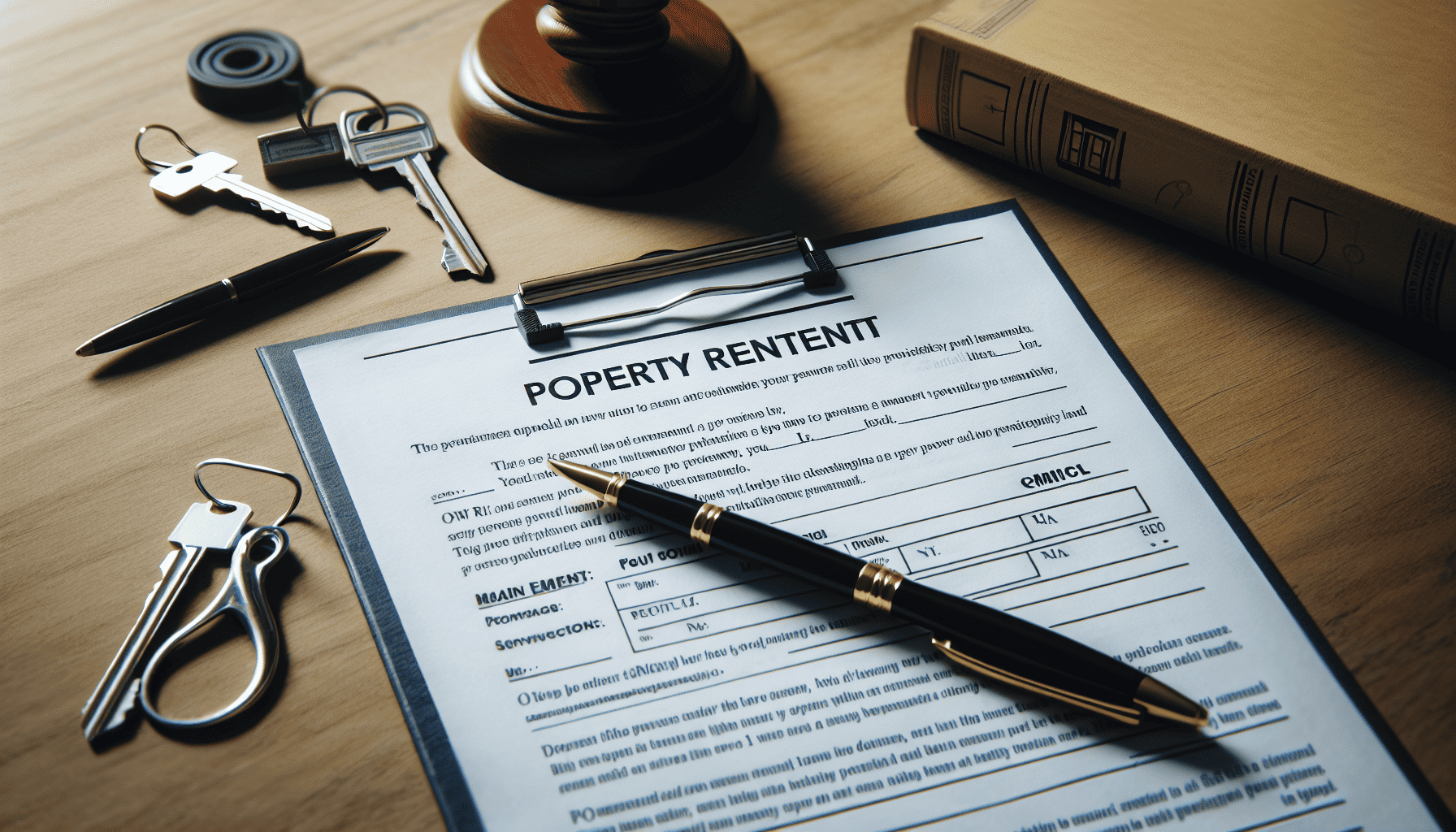Navigating the complex landscape of property rentals requires a keen understanding of the legal challenges that can arise. Property owners and landlords must remain proactive to protect their investments and ensure compliance with evolving legal standards. As we approach 2024, several essential legal considerations and common pitfalls must be recognized and addressed.
Understanding Tenant Rights
Tenant rights form the foundation of rental property law, and staying informed about these rights is crucial. These laws help maintain a fair balance between landlord and tenant interests. For instance, tenants have the right to a habitable living environment, privacy, and protection from unlawful eviction. Being well-versed in local and national tenant rights laws helps landlords prevent disputes that can lead to legal challenges.
Drafting Robust Lease Agreements
A comprehensive lease agreement is critical to mitigating future legal issues. This contract should clearly outline rent terms, security deposits, maintenance responsibilities, and procedures for dispute resolution. It's vital to ensure that the lease complies with current laws and regulations and reflects any legal changes or updated practices anticipated in 2024. Consulting with a legal expert can help tailor the lease to protect both parties while remaining fair and transparent.
Compliance with Housing Regulations
Housing regulations can vary significantly from one jurisdiction to another, complicating the compliance landscape for property owners. These regulations include zoning laws, safety codes, and anti-discrimination laws that impact day-to-day rental operations. In particular, fair housing laws—preventing discrimination based on race, color, national origin, religion, sex, familial status, or disability—require strict adherence. Landlords must be vigilant in ensuring that their rental practices align with these legal standards, as noncompliance can lead to hefty penalties.
Managing Security Deposits
Security deposit management is another area where landlords often face legal scrutiny. State laws typically govern how much can be collected, how it must be stored, and under what conditions it can be withheld or returned. To avoid potential legal tangles, landlords should keep meticulous records of any deductions made from security deposits and provide clear communication about their return. Observing state-specific laws will help in reducing conflicts over security deposits.
Eviction Proceedings
Eviction is one of the most contentious aspects of property rentals, and mishandling this process can result in legal repercussions. It's important to understand and abide by the specific legal procedures for evicting tenants. This includes providing fair warning and adequate time for tenants to address the issue, whether it's non-payment of rent or breach of lease terms. Following the proper legal channels ensures that evictions are carried out lawfully, minimizing the risk of lawsuits or claims of wrongful eviction.
Keeping Abreast of Legal Changes
Legislation affecting property rentals is continually evolving, influenced by societal changes, economic conditions, and judicial interpretations. Staying informed about legislative developments in 2024 is crucial. Landlords can do this by subscribing to updates from legal forums, joining landlord associations, or attending real estate law seminars. Keeping abreast of legal changes ensures they are prepared to adjust practices proactively, maintaining compliance and protecting their assets.
Insurance and Liability
Insurance is an often-overlooked aspect of legal preparedness in property rentals. Landlords should have a comprehensive insurance policy that covers liability, property damage, and loss of rental income. Additionally, encouraging or requiring renters to purchase renter’s insurance can further protect both parties. Understanding the scope and limitations of insurance coverage helps landlords mitigate potential financial losses stemming from unforeseen events.
Conclusion
Legal challenges in property rentals can be daunting, but they are manageable with an informed and proactive approach. By understanding tenant rights, drafting solid lease agreements, ensuring compliance with housing regulations, managing security deposits effectively, following proper eviction protocols, staying updated on legal changes, and securing appropriate insurance coverage, landlords can navigate the complexities of property rentals in 2024 and beyond. This comprehensive approach not only safeguards assets but also fosters a fair and respectful landlord-tenant relationship, ultimately contributing to a stable and profitable rental environment.
